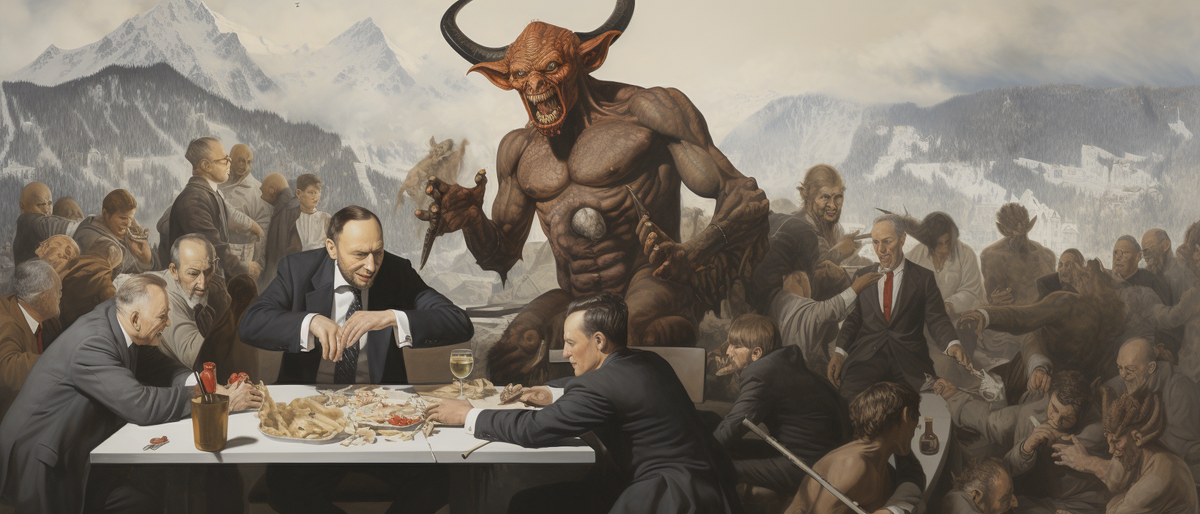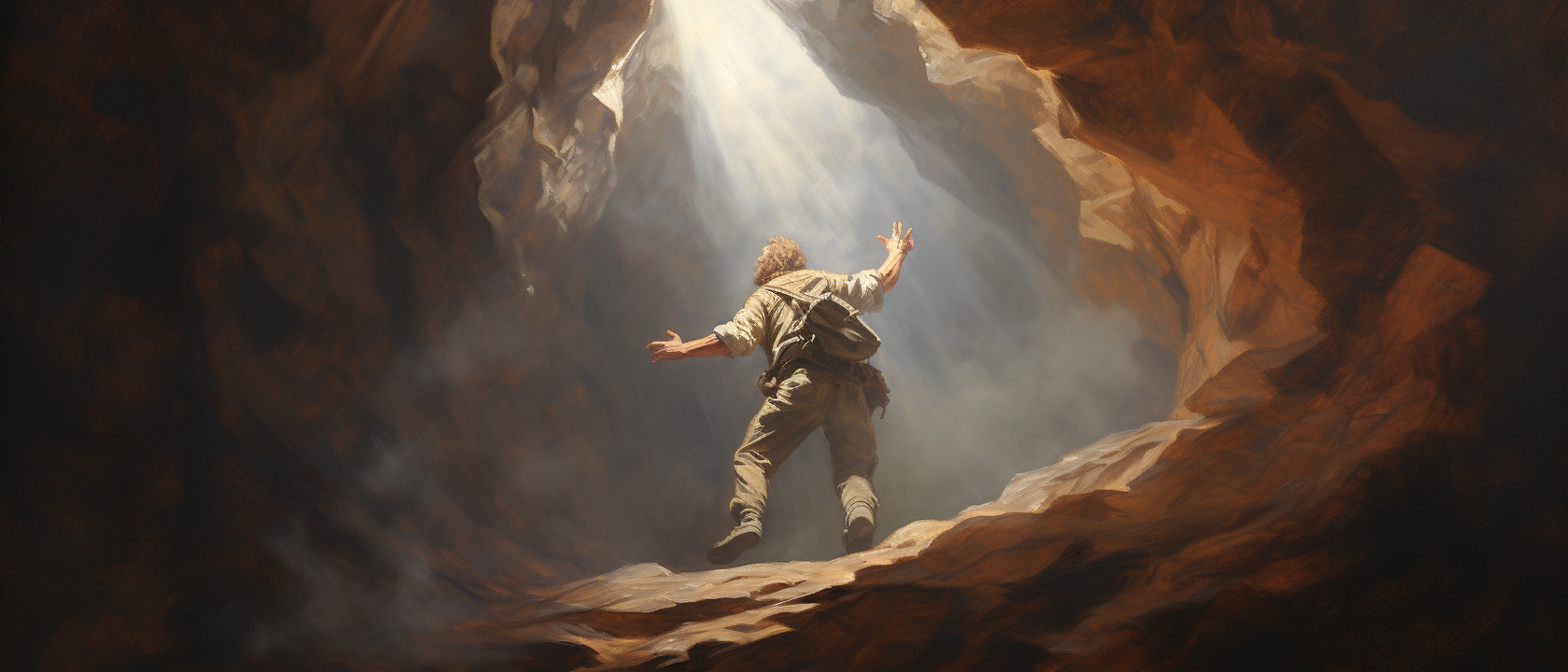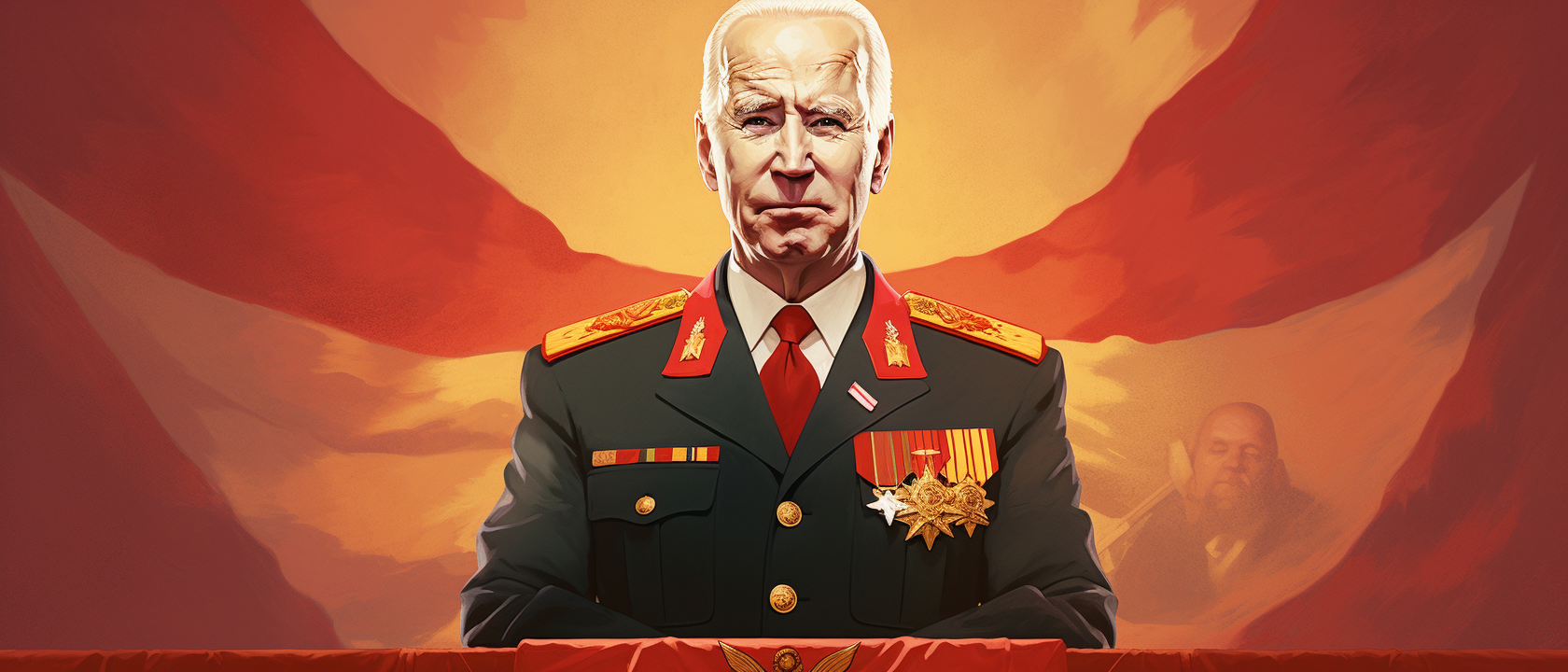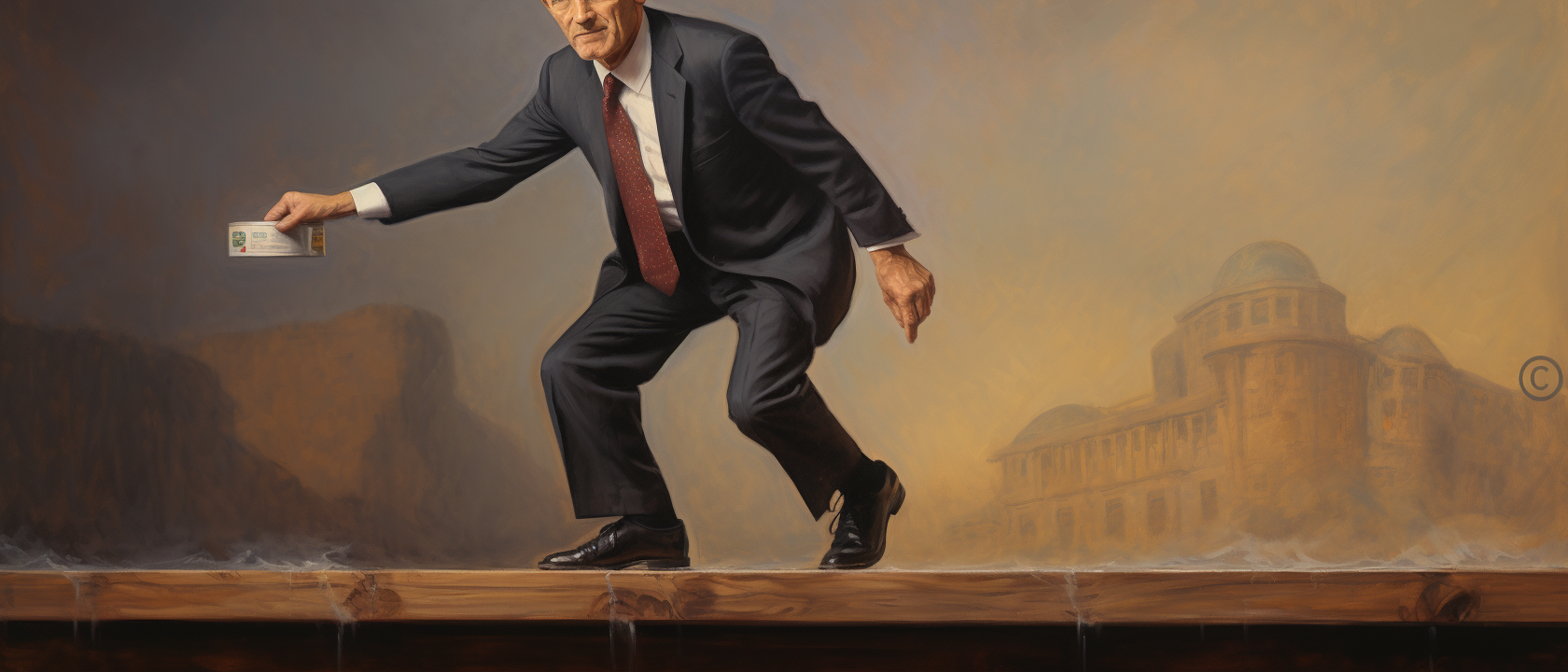The Media Campaign Against Russell Brand
This post was originally published on
Key Takeaways
This interview from the Tucker Carlson Network takes a deep dive into the concerted efforts to silence Russell Brand, a comedian turned podcaster, who has been critical of Western government policies. The discussion reveals the following key points:
- Russell Brand's Controversy: The media storm that branded Russell Brand as a "sex criminal" was, according to the podcast, the culmination of a multi-year campaign by Western governments and their intelligence services to silence him due to his influential and divergent views on major issues such as economic policy and war and peace.
- Brand's Impactful Voice: Brand's unique position as a former left-wing cultural figure with the ability to persuade people across the political spectrum made him a perceived threat to establishment narratives.
- Censorship Campaign: The campaign against Brand began covertly, with government bodies and intel services targeting his content, particularly his views on Ukraine and the pandemic, as disinformation.
- Codastory's Role: Brand was accused by Codastory, an organization linked to the UK government and the CIA, of being an agent of Chinese propaganda due to his commentary on Ukraine.
- Surveillance and Deplatforming: It was revealed that Moderna and other corporations were monitoring Brand’s content, deeming it high-risk and pushing for its de-amplification. Furthermore, the UK government's Department of Culture, Media, and Sport contacted social media platforms requesting Brand be demonetized.
- Globalist Agendas and Independent Media: Brand discusses how independent media is under threat due to its potential to inspire independent politics and thought. He underscores the importance of independent media in providing alternative perspectives to mainstream narratives.
- Crisis as a Pretext: The discussion touched on how crises are used to justify certain measures that often lead to the public giving up freedoms for the sake of safety and convenience.
- Spirituality and Connection to Land: Brand emphasizes the need for a spiritual understanding of the current socio-political landscape, highlighting the importance of connection to nature and land, and a resistance to the centralization of power.
[
WEF Goes Full Throttle on Totalitarianism
Klaus Schwabb and his team at the World Economic Forum are hosting a meeting of the most corrupt and delusional of minds to brainstorm about how they can con the global public into accepting Totalitarian policies that will erode civil liberties and sovereignty.
 TFTC – Truth for the CommonerMarty Bent
TFTC – Truth for the CommonerMarty Bent

](
Best Quotes
- On Influence and Censorship: "Russell Brand had the capacity to win people over from the other side...and that was the threat."
- On Being Targeted: "It seems to me ridiculously grandiose to even imagine that I would stir and arouse the interests of such powerful agencies and groups."
- On Independent Media and Politics: "Independent media itself is an extraordinary threat. That independent media inevitably leads to independent politics and independent thought."
- On Authoritarianism and Liberalism: "The threat of authoritarianism is far, far greater from those that use the language of liberalism."
- On Personal Attacks and Family: "My son was born with a heart condition... I was able to maintain what is really important in life. And as you have actually said, we all know how this ends."
- On Globalist Agendas: "There's no question that a rise in nationalism is an understandable response to rampant globalism."
- On Spiritual Warfare: "Clearly what we're watching are the fruits of spiritual war."
Conclusion
This interview from the Tucker Carlson Network with Russell Brand reveals an alarming narrative of how powerful entities can conspire to silence voices that challenge the status quo. It paints a picture of a world where independent thought and media are not only necessary but are also under siege by those with vested interests in maintaining control over public discourse. Brand's personal experience, juxtaposed with his reflections on spirituality and societal issues, offers a compelling call to recognize the larger forces at play. The overarching message is clear: societies need to be vigilant about protecting free speech and must be wary of the consequences of allowing authoritarianism to masquerade as liberalism. The episode serves as both a cautionary tale and a beacon of hope for those who believe in the power of independent thought and the necessity of connecting with our shared humanity and the natural world.




